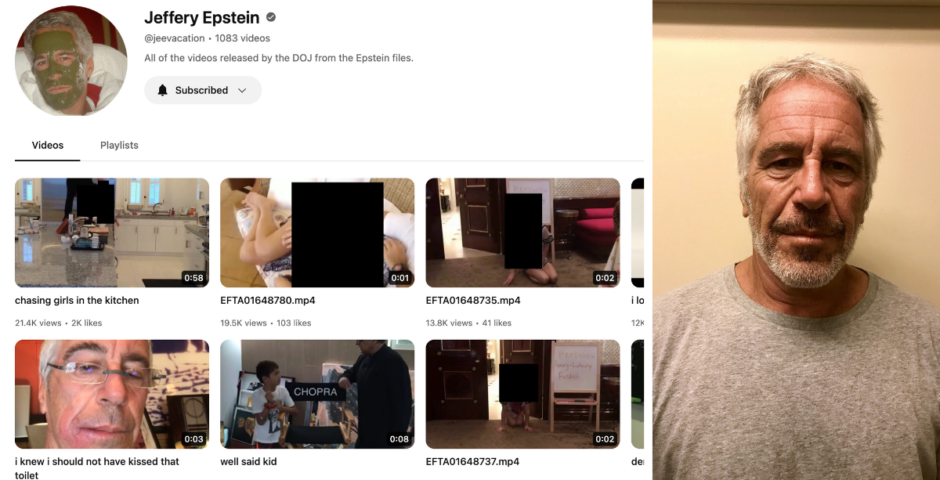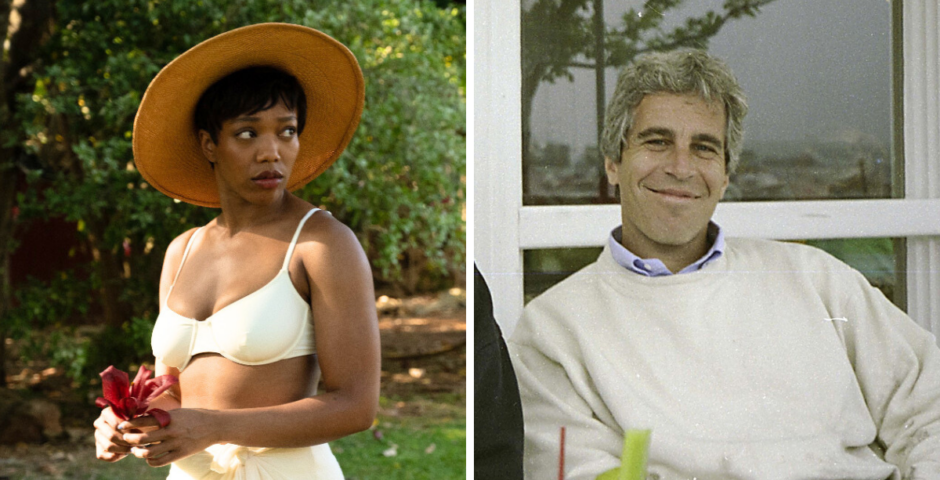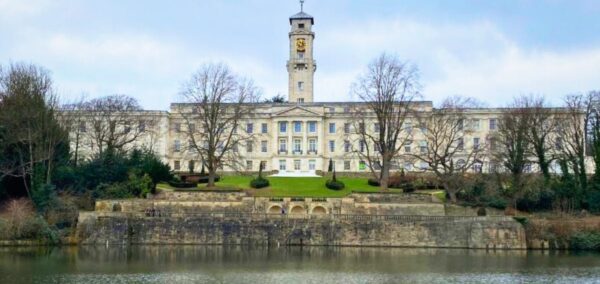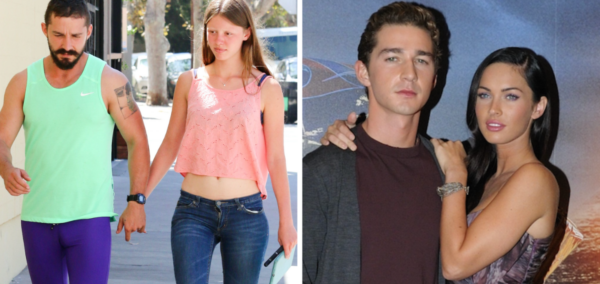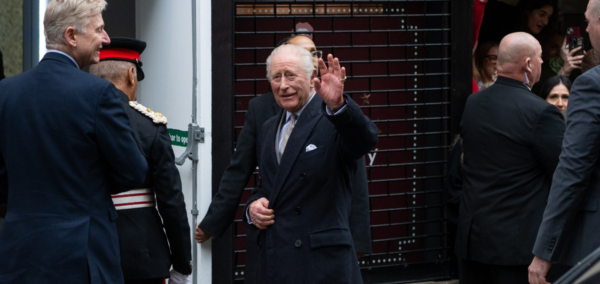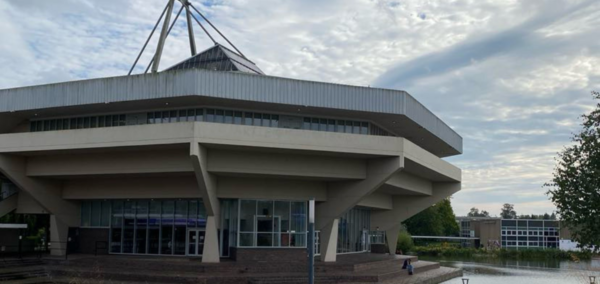UCL SU cancels upcoming Summer Ball and other Main Quad events over Palestine encampments
A source involved in the graduation planning reported disagreement between UCL and the SU over the encampments
Students’ Union UCL has cancelled several events planned for the upcoming weeks due to concerns related to the pro-Palestine encampment on the Main Quad.
In a statement on Tuesday, 14th May, the SU announced that it would cancel many of its scheduled events, including the Summer Ball, in order to protect the safety and wellbeing of the student community.
However, a person involved in UCL’s events planning told The London Tab that the SU had planned to cancel summer events in protest over UCL’s attempts to remove the encampments.

Both UCL and Students’ Union UCL have since denied these claims, labelling them as “completely false”.
The cancelled events had been planned to include a Ferris Wheel in the Main Quad, as well as silent disco tents, street food stalls, a glitter bar, and on-site bars.
The Summer Ball was due to take place on 1st June and construction was scheduled to begin on Wednesday, 15th May.
The SU clarified that “small scale events” will continue to take place in the main quad and all ticket holders to the Summer Ball will receive a full refund.
In a statement, the SU cited health and safety concerns for its decision to call off the programme of summer events.
It explained: “It would not be possible to safely set up structures around the encampment location, essentially meaning that many of the events due to take place in the quad now cannot go ahead.”
Despite the SU referencing safety concerns, an inside source suggested that internal disputes between UCL and the Students’ Union may have contributed to the events being cancelled.
The senior staff member cited a meeting between UCL Provost Michael Spence and Rishi Sunak in which the UCL head asked for the government’s assistance in removing the encampments, which was refused.
Members of Students’ Union leadership reportedly took issue with the Provost’s stance and did not want to be complicit with UCL’s policy.
The source clarified that the cancelled events may not be a result of this dispute.
They said: “It’s possible that the SU’s pressure worked and that UCL backed down.”

Nevertheless, the SU and UCL’s positions on the situation in Israel and Gaza continue to appear at odds.
In its statement announcing the cancellations, the union restated its support for a ceasefire between Israel and Gaza.
The SU explained its stance: “Our Sabbatical Officer team added their voices to the call for a ceasefire in the conflict, the return of all hostages, and to start on the urgently needed path to a long-term negotiated peace. That position remains today.”
Meanwhile, UCL management continues to refuse to take a stance or call for a ceasefire. Members of the encampment and the broader protest movement have been calling on the Provost to call for a ceasefire since the conflict began.
While their stance on the conflict differed, both UCL and the SU remained somewhat neutral in their assessment of the encampments, expressing a commitment to defending students’ legal right to peaceful protest.
The Students’ Union described the importance of upholding “students’ rights to freedom of expression and assembly, even when this proves challenging or uncomfortable for those who hold opposing views.”
UCL similarly stated that the institution is “aiming to balance upholding freedom of speech, minimising the disruption and distress to our wider community and our neighbours and ensure our campus can be used by the UCL community”.
Further, the Students’ Union stood behind UCL’s response to the encampment, stating that it feels “appropriate and measured.”

In an email to students, Provost Michael Spence reiterated that due to external engagements from the public leading to arrests on public streets, the campus will remain open only to UCL Staff and Students until further notice.

UCL Provost Michael Spence sent an email to UCL students and staff this week
On the issue of UCL’s “complicity” in the situation in Israel and Palestine alleged by protestors in their formal demands, the Provost said: “I am satisfied that we are not ‘participating in’ or ‘funding’ any side of the Israel-Gaza conflict, either in the sense in which those words are normally used, or in contravention of our approach to ethical research and investment.”
Jo*, a student participating in the protests, criticised the Provost’s message.
She told The London Tab: “This statement from the Provost is simply not true. UCL can have as many ‘ethical investment policies’ as they like, but the fact that they still have research partnerships with weapons manufacturers selling to Israel speaks for itself.”
“They refuse to condemn the war crimes committed by the Israeli government and the genocide of Palestinian people, and yet they say that we have the right to protest in the name of ‘free speech’. I find this patronising and wrong.”
A joint statement from UCL and Students’ Union UCL, said: “These claims made by an anonymous source, are not only completely false, but they are a deliberate attempt to cause mischief.
“The Student Union’s statement describes UCL’s approach to the encampment as “appropriate and measured.”
*Pseudonyms have been used for anonymity
Rishi Sunak has been contacted for comment
Related stories recommended by this writer:
• New encampments spring up at LSE and Queen Mary as Palestine protests spread across London
• UCL students set up encampment on campus in solidarity with Palestine
• Pregnant UCL alumna in Gaza sets up GoFundMe in order to evacuate and give birth safely


